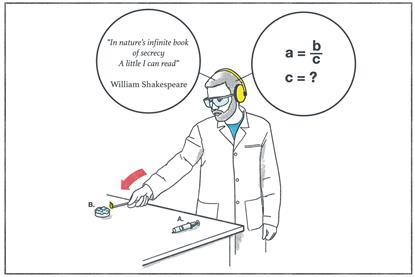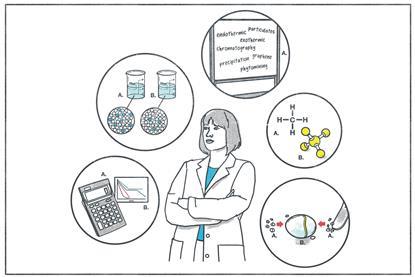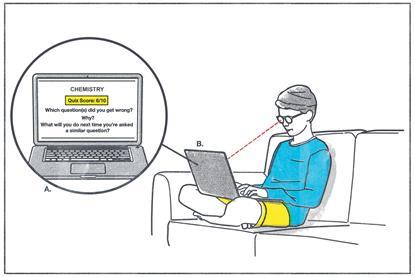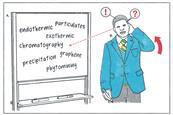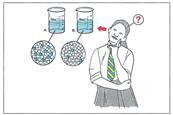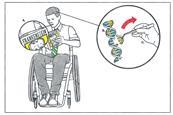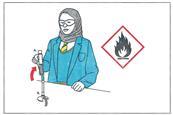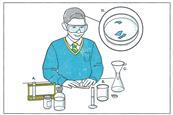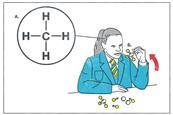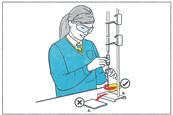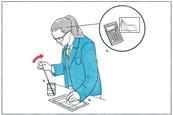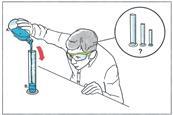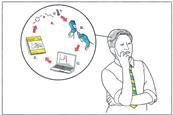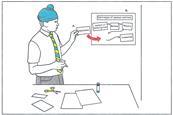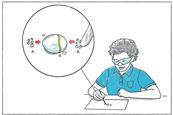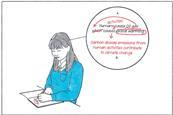Teaching science skills
Explore strategies and classroom activities to help your learners master essential scientific skills
Features
Why you need to collaborate with English and maths teachers to boost student outcomes
Work with out of department colleagues to help your students acquire essential literacy and numeracy skills
Teaching skills leads to success
How skills-based teaching prepares students for their futures
Why metacognition is vital for successful independent learning
Help your students to regulate their own learning and boost outcomes
Explore by skill
Literacy
Improve your students’ literacy in science skills
Use these tips to help your pupils write and talk like a scientist
Structure and bonding: exploding exam questions | 14–16 years
Present and practise a technique to help learners understand the language used in extended-reponse questions and improve their answers
Hypotheses
Boost student confidence constructing hypotheses
Ideas to help you teach this essential scientific skill
Candle burning investigation: planning an experiment
Concept cartoon and example investigation to practise developing a hypothesis, planning an investigation and evaluation skills
Ethics
Help your students understand ethics in science
How to develop learners’ moral problem-solving skills
Toxic socks: nanotechnology, ethics and society | 11–14 years
Use the example of nanotechnology in socks to introduce ethics in science with this structured practice debate
Risk
How to teach risk assessment skills
Help your students learn how to keep the laboratory safe
Student risk assessment: preparing a salt | 14–16 years
Two worksheets to guide learners in recognizing hazards, evaluating risks and identifying control measures
Planning
How to teach practical planning skills
Being prepared is the best way for learners to successfully do practicals
Practical planning: spot the mistakes | 14–16 years
Use these exam-style questions to check your learners’ understanding of experimental skills and strategies
Models
Help students solve problems by using models
Improve learners problem-solving skills in the classroom and in life
Using multiple models in science | 14–16 years
Interpret and evaluate multiple models of a molecule of hydrogen to develop understanding and discuss limitations of models in science
Practical
How to help students develop their practical skills
Use a model, feedback, reapply loop to develop students’ practical skills
Practical skills tracking | 16–18 years
Use these editable tools to help learners develop their practical skills using the Common Practical Assessment Criteria (CPAC)
Numeracy
Improve learners’ confidence with numbers
Engage your students with data and boost their maths skills in the science classroom
Maths skills for chemistry
Resources to help your students apply their maths knowledge in their chemistry lessons
Evaluation
Successful students evaluate every step
Train your learners to get the best marks
Evaluating experiments worksheet | 14–16 years
Improve your learners’ evaluation skills by breaking down the experimental process
Scientific process
Show students how to grasp the scientific process
Three teacher-tested approaches to building this skill successfully
Tricky tracks: observation and inference in science | 11–14 years
Presentation, worksheet and lesson plan to help learners understand the difference between observation and inference as you build their understanding of the scientific process
Presenting
Creating posters to present information
Help your students learn how to communicate their results effectively
Presenting investigations: academic-style posters | 14–16 years
Using this resource, learners create an academic-style poster summarising the key information and data from an investigation
Observation
Explicitly teach learners how to make observations
How to give students the skills to describe and explain what they see scientifically
Microscale neutralisation and precipitation reactions | 11–16 years
Hone your learners’ observation skills with two microscale reactions: neutralising citric acid and creating a lead iodide precipitate
Writing
Strategies to help students write scientifically
Essential advice from an English teacher on how to successfully model the writing process and boost your learners’ skills



